New findings in the ancient archaeological Perperikon
Anita Valentinova,source: moitepari.bg, 07.09.2009
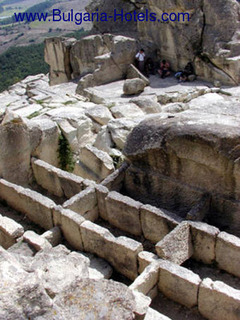 Newly discovered antique and medieval inscriptions in Perperikon prove that it was an important trade and economic center in the Eastern Rhodope region during 4-5 century.
This was officially announced by the prominent Bulgarian archaeologist Nikolay Ovcharov. The inscriptions are the first discovered epigraph monuments in Perperikon.
Inscriptions date back to for the 4th to 5th centuries and provide records of settlers from Asia Minor and Syria in this area of the ancient Thrace. This proves the strong development of trade relationships of the town within the area of the Roman Empire.
Newly discovered antique and medieval inscriptions in Perperikon prove that it was an important trade and economic center in the Eastern Rhodope region during 4-5 century.
This was officially announced by the prominent Bulgarian archaeologist Nikolay Ovcharov. The inscriptions are the first discovered epigraph monuments in Perperikon.
Inscriptions date back to for the 4th to 5th centuries and provide records of settlers from Asia Minor and Syria in this area of the ancient Thrace. This proves the strong development of trade relationships of the town within the area of the Roman Empire.
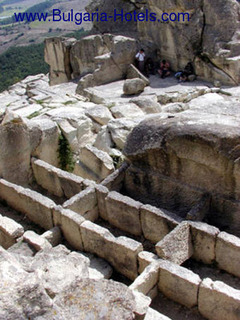 According to the Bulgarian archaeologist, two of the inscriptions are written in Roman language and date back to 4-5th century. Thus, they give us more information about the development of Perperikon during the late Antiquity. The first inscription includes the name of Julius Teymenos, a name which is rather popular in the Roman Empire in 2-3th century.
The origin of this name is of Asia Minor or Syrian and this means that the person, who has put an impact on the history of Perperikon, has been a settler from the rich Roman province. The third inscription has been obviously related to the last residents of the Orthodox Perperikon.
Findings were discovered after the exploration of the already found Roman road and blacksmith’s workshop, which date back to 4-5th century.
Archaeologists also found a lead seal from the end of the 11th century. It depicts the name of a famous Byzantium dignitary.
According to an investigation, the Byzantium dignitary was likely to be the son of Gregorii Bakuriani, the founder of the Bachkovo Monastery.
According to the Bulgarian archaeologist, two of the inscriptions are written in Roman language and date back to 4-5th century. Thus, they give us more information about the development of Perperikon during the late Antiquity. The first inscription includes the name of Julius Teymenos, a name which is rather popular in the Roman Empire in 2-3th century.
The origin of this name is of Asia Minor or Syrian and this means that the person, who has put an impact on the history of Perperikon, has been a settler from the rich Roman province. The third inscription has been obviously related to the last residents of the Orthodox Perperikon.
Findings were discovered after the exploration of the already found Roman road and blacksmith’s workshop, which date back to 4-5th century.
Archaeologists also found a lead seal from the end of the 11th century. It depicts the name of a famous Byzantium dignitary.
According to an investigation, the Byzantium dignitary was likely to be the son of Gregorii Bakuriani, the founder of the Bachkovo Monastery.
 Member of:
Member of:
















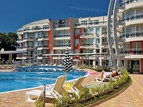

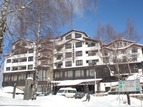


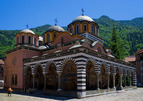


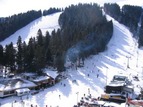


 Touroperator
Touroperator
